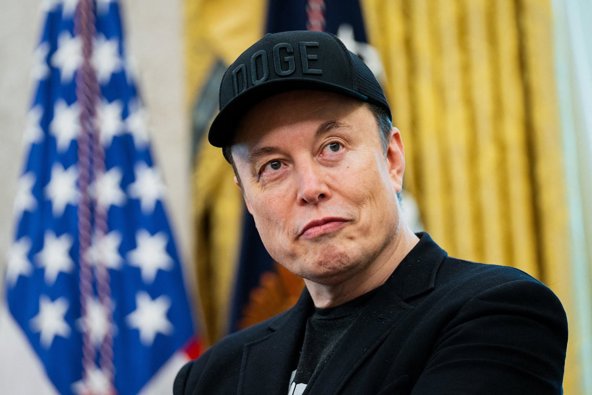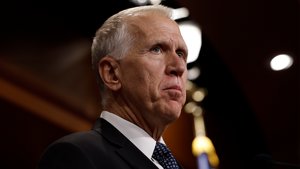
GOP Supports Rescissions Amid Musk Pressure
House Republicans back rescissions plan as Elon Musk and the DOGE team push for stronger spending rollbacks and budget discipline.
Congressional Conservatives Target Previously Approved Spending
House Republicans are embracing a new strategy to roll back government spending by supporting rescissions legislation—bills designed to cancel funds already appropriated by Congress. The move comes in response to mounting pressure from Elon Musk and the Department of Government Efficiency (DOGE), who argue that prior spending bills failed to deliver sufficient budget discipline.
Budget Director Russ Vought submitted a formal rescissions request to Congress on Tuesday, initiating the process to claw back $9.4 billion, primarily from public broadcasting and foreign aid—two areas Musk specifically targeted in DOGE reviews. “I want to make sure you take the first tranche and see if it passes,” said Vought, noting the need to move strategically to avoid political setbacks and preserve executive options.
House Speaker Mike Johnson, R-La., emphasized the urgency of the initiative. “There may be multiple rescissions packages coming, and we’ll process them as quickly as we can. It’s a big priority for me,” he said.
Musk has expressed open frustration with the scope of cuts in President Trump’s “Big, Beautiful Bill,” calling it “a disgusting abomination” and accusing Republicans of abandoning fiscal responsibility. “You know you did wrong,” he posted on X, addressing the 215 House Republicans who supported the bill.
Originally, DOGE aimed to identify $2 trillion in cuts, but that target dropped to $1 trillion, and eventually settled near $150 billion. However, many of these reductions remain inactive, pending congressional approval. The new rescissions package is viewed as the first tangible step toward enacting those savings.
Rep. Mike Flood, R-Neb., acknowledged DOGE’s role in reshaping congressional conversations. “This is far more complicated than just doing it in reconciliation,” he said, noting the distinction between discretionary and mandatory spending. While DOGE focused on discretionary programs, most federal expenditures—such as Medicare, Medicaid, and Social Security—are classified as mandatory and lie outside immediate congressional control.
Rep. Chip Roy, R-Tex., argued that Republicans must act or risk political consequences. “Members will have to go campaign on why they want to continue to fund PBS, NPR, and foreign aid that most Americans don’t like,” he said.
Still, not all Republicans support the full scope of proposed cuts. Rep. Don Bacon, R-Neb., raised concerns over defunding public media. “I have a great rapport with Nebraska Public Radio and TV. I think they’ve been great to work with. That would be one I hope they don’t put in,” Bacon said.
Senate Appropriations Committee Chair Susan Collins, R-Maine, objected to reductions in global health initiatives like PEPFAR. “I consider that possibly the most successful public health program ever used in Africa and other parts of the world,” Collins stated. “So I do not support the reduction.”
Procedurally, the rescissions bill enjoys special privileges. It requires only a simple majority in both the House and Senate to pass and cannot be filibustered. This gives the package a realistic path forward, though internal GOP fractures may test its success.
If the effort fails, Republicans risk weakening their fiscal credibility. “We’ll see if Congress can step up to the plate,” Roy said. In the meantime, President Trump is prepared to use executive authority under the Impoundment Control Act to pause spending on select programs, potentially through “pocket rescissions.”
The coming weeks will reveal whether Republicans can unite behind their first rescissions package in decades—or whether fiscal restraint will once again take a back seat.






